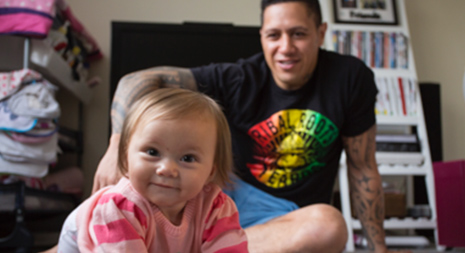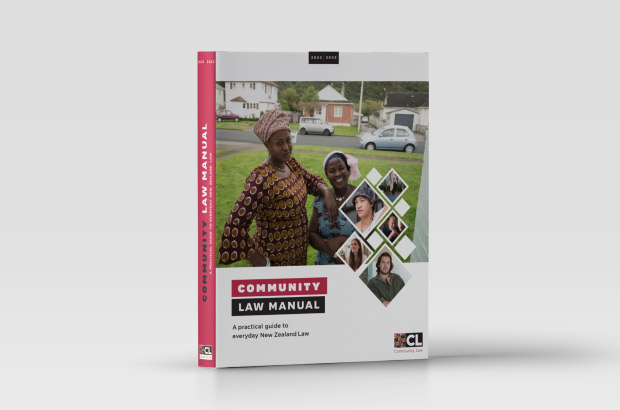Confirming and registering the death
Coroners’ investigations and post-mortems
When do deaths have to be reported to the coroner?
In some cases, the doctor or nurse who first sees the body will have to report it to the police, who then in turn have to report it to the local coroner. Generally this has to be done if there’s something violent, unnatural or suspicious about the death (see below for more details). The body then can’t be buried or cremated until the coroner has authorised it (by issuing an “Order for Disposal of Body”).
The coroners’ role is to establish when, where, how and why the death happened, and to work out whether anything can be done differently that might stop similar deaths in the future. Coroners are usually lawyers, not doctors.
The main types of deaths that have to be reported to the coroner are where:
- the death was suicide, or was unnatural or violent (for example, if the person drowned, was poisoned, or died in a car crash)
- the cause of death isn’t known
- the person died unexpectedly during surgery or medical treatment or while under anaesthetic, or if they died unexpectedly after surgery or treatment and apparently as a result of it
- a person dies in childbirth or as a result of a pregnancy
- the person died in prison or police custody
- they died in some other form of official custody or care – for example, in a mental health institution or in a residence run by Oranga Tamariki / Ministry for Children
- a doctor hasn’t issued a cause of death certificate – for example, if the person had been ill but their doctor isn’t satisfied that the illness caused the death.
In these cases, the attending doctor or other officials like the police will report the death to the coroner. If there’s been an accident – a car crash for example – the body will be taken to a hospital morgue. This would be arranged by the police at the scene or, if the person died after they got to hospital, by the hospital staff.
The coroner won’t issue an order for the disposal of the body until satisfied of the cause of death. The coroner may decide it’s not necessary to investigate further (in which case a doctor can issue a cause of death certificate and the body can be buried or cremated).
What happens when the coroner investigates?
Coroners Act 2006, ss 19, 21A, 31
If the coroner decides to investigate the death, they’ll take legal possession of the body from the police.
The coroner may decide to get a medical specialist in diseases (“pathologist”) to do a post-mortem examination of the body (“autopsy”) to find out the cause of death. To help decide whether a post-mortem is necessary, the coroner may first get a pathologist to do an initial (“preliminary”) inspection of the body just by examining the body externally, or by using x-rays, MRIs and similar techniques, or both.
In certain cases, the coroner might decide that it’s necessary to have a legal hearing in the Coroner’s Court about the death and its cause (an “inquest”).
Can family stay with the body while the body is with the coroner?
The coroner can allow the immediate family or whānau (and also a minister) to see, touch and stay with the deceased’s body while it’s with the coroner. In deciding whether to allow this, the coroner will take into account factors such as:
- whether this could make it harder to find out the cause of death
- any health risks to the family
- whether there are rooms and facilities available for the family or whānau
- requirements under tikanga that whānau need to see, touch or stay with the tūpāpaku, or other customary requirements under other cultures that family need to see, touch or stay with the body.
What is a post-mortem and why might one happen?
Human Tissue Act 2008, ss 49(1), 54 Coroners Act 2006, ss 23, 24, 27, 32, 36, 37
A post-mortem is a surgical examination of the deceased’s body, ordered by the coroner, to find out the cause of death (sometimes also called an “autopsy”). It’s carried out by a pathologist – a medical specialist in diseases.
The pathologist will examine the internal organs, as well as any external injuries, although the coroner can direct them to do a less invasive type of examination. The pathologist will try as much as possible not to leave any visible signs of the post-mortem. They have a legal duty to avoid unnecessary mutilation to the body.
The coroner has to consider the following factors when deciding whether to order a post-mortem:
- whether it will reveal useful information about the death
- whether the death appears to have been unnatural or violent, and, if it does, whether the death appears to have been caused by someone else
- any claims, rumours, suspicions or public concern about the death
- whether a post-mortem could cause distress or offence to the family because of tikanga Māori or other cultural attitudes or beliefs
- whether the immediate family has asked for a post-mortem.
The coroner can order a post-mortem to be done immediately if there’s a good reason. This could be, for example:
- because delaying it would make it harder to find out the cause of death
- because the deceased person is an infant
- out of recognition of tikanga Māori or other cultural practices or beliefs that customarily require bodies to be made available to the family as soon as possible after death.
When a coroner orders a post-mortem, they have to notify the immediate family as soon as practicable, including telling them why the post-mortem is being done. They also have to tell the family about their right to object (see below).
After the post-mortem, the coroner has to give the family a copy of the pathologist’s report if the family asks for it. If the family have questions about the report, the coroner can get the pathologist who wrote it to contact the family and discuss it with them.
Can the family prevent a post-mortem being done?
The immediate family of the deceased has the right to make an objection to a post-mortem by going to the coroner, and then, if necessary, by going to the High Court.
Any member of the immediate family has a right to object to a post-mortem, except if:
- the coroner has decided an immediate post-mortem is needed because a delay would make it harder to find out the cause of death, or
- it seems the death was caused by a criminal act.
Family members have 24 hours to object after the coroner notifies them of the post-mortem order. If they object but the coroner still wants to go ahead with the post-mortem, the coroner has to notify the family of this intention. The family then has 48 hours to take their objection to the High Court.
The High Court has to deal with the objection urgently. You’ll need a lawyer to file an objection in the High Court. Legal Aid is available for this (see: “Legal Aid and other legal help”).
When will the coroner release the body?
The coroner has to release the body as soon as they’re satisfied there’s no reason to withhold it from the family. They’ll usually authorise its release (by signing an Order for Disposal of Body) within 24 hours after any post-mortem. The body can then be released to the family to be buried or cremated.
If the coroner has decided a post-mortem isn’t needed, the coroner has to wait for 24 hours after notifying the police of this decision before releasing the body, although the police can allow the coroner to release it before this. There could also be delays if specialists (other than the pathologist) need to be called in. However, usually the body should be released with no more delay than would normally occur if a doctor signed a certificate of cause of death.


